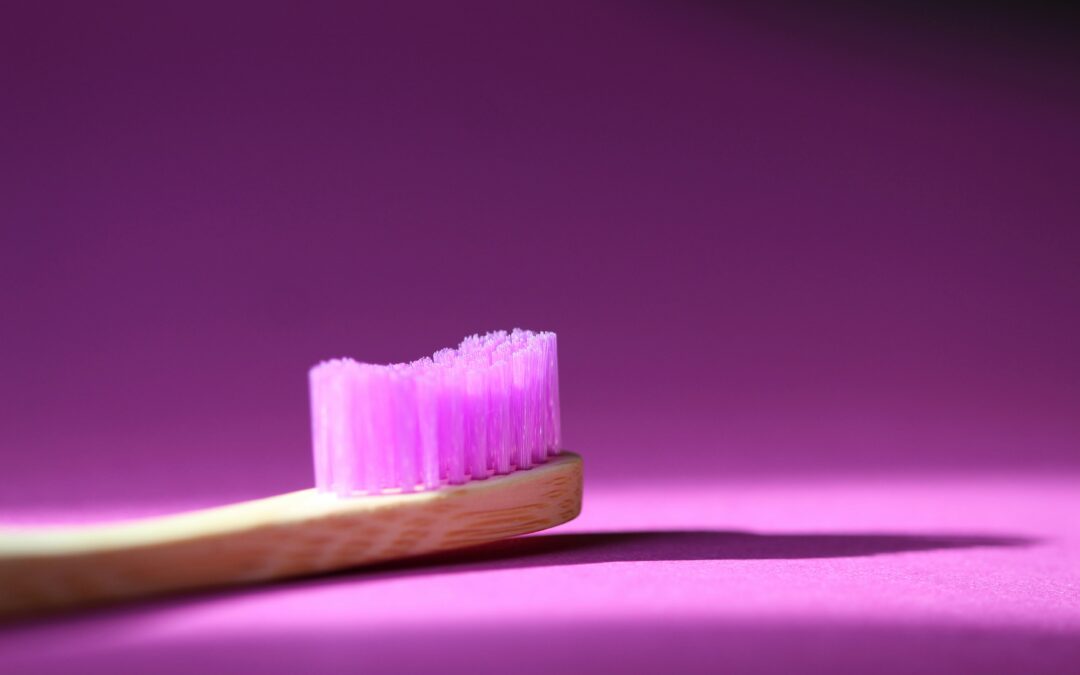Have you ever wondered what it truly takes to maintain a healthy smile? The key lies in understanding and implementing proper dental care. In this article, “Enhancing Teeth Health: A Journey into Every Smile,” you’ll discover the strategies and habits necessary to enhance your teeth health effectively.

The Importance of Oral Health
Maintaining optimal oral health is not merely about keeping your teeth white and your breath fresh. It is integral to your overall health and well-being. Studies consistently show that poor oral hygiene is linked to various health issues, including cardiovascular diseases, diabetes, and even complications in pregnancy. Thus, a commitment to improving your dental health is a commitment to enhancing your overall quality of life.
Daily Oral Hygiene Practices
Brushing Techniques
Proper brushing is the cornerstone of oral hygiene. You should brush your teeth at least twice a day for two minutes each session. Use a toothbrush with soft bristles and fluoride toothpaste. The correct brushing technique involves holding your toothbrush at a 45-degree angle to your gums and using gentle circular motions. Avoid hard scrubbing, as this can damage both your teeth and gums.
Flossing
Flossing is equally important but often neglected. It removes food particles and plaque from areas that your toothbrush cannot reach. The correct method entails using about 18 inches of floss, winding most around each middle finger and leaving an inch or two to work with. Gently insert the floss between your teeth, curve it around each tooth in a C shape, and glide it up and down.
Mouthwash
Antimicrobial mouthwash can reduce bacteria and plaque activity. Opt for a mouthwash that contains fluoride, which helps to enhance the enamel and protect against cavities. Using mouthwash daily reduces the risk of gum disease and freshens breath.
Dietary Impact on Oral Health
Your diet significantly influences your oral health. Foods rich in calcium and phosphates, like dairy products and lean proteins, play an essential role in remineralizing tooth enamel. Conversely, frequent consumption of sugary and acidic foods can lead to decay and erosion.
Nutrient-Rich Foods
Eat a balanced diet rich in whole grains, vegetables, and fruits. Green leafy vegetables, almonds, and yogurt are particularly beneficial as they provide calcium, folic acid, and other vital nutrients needed for strong, healthy teeth.
Harmful Foods
Limit your intake of sugary snacks, carbonated drinks, and acidic foods like citrus fruits and tomatoes. These can erode enamel and increase susceptibility to cavities. Instead, choose snacks that promote saliva production, such as nuts, cheese, and crunchy vegetables like carrots and celery.
Common Dental Issues and Preventive Measures
Tooth Decay
Tooth decay is a prevalent issue resulting from poor oral hygiene and a diet high in sugars and acids. Regular dental check-ups, along with good brushing and flossing habits, can prevent decay. If you have early signs of tooth decay, your dentist may suggest fluoride treatments or dental sealants.
Gum Disease
Gum disease, or periodontal disease, can advance from gingivitis (inflamed gums) to periodontitis, which may result in tooth loss. Preventive measures include routine cleanings, proper brushing, and flossing. Symptoms of gum disease include swollen, red, or bleeding gums. If you notice these signs, seek professional care promptly.
Dental Sensitivity
Sensitive teeth are commonly due to worn enamel or exposed roots. Using toothpaste for sensitive teeth and avoiding extreme food and drink temperatures can help manage this condition. Also, a soft-bristled toothbrush and gentle brushing technique are beneficial.
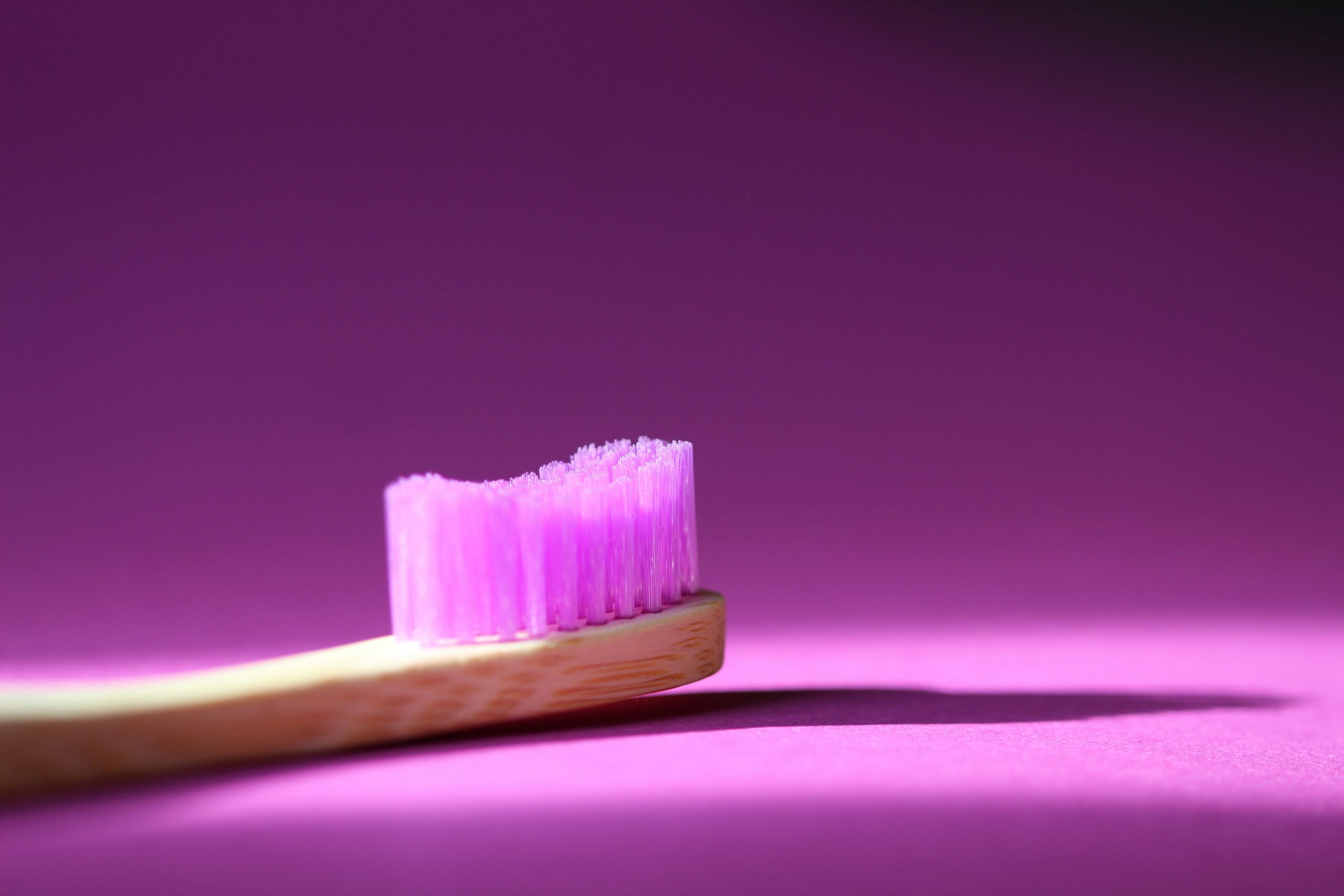
Dental Check-Ups: Your Partner in Oral Health
Frequency of Visits
You should visit your dentist every six months for a check-up and cleaning. These appointments allow for the early detection of potential issues, professional cleaning, and essential dental health advice. Regular dental visits can save you from extensive treatments and enhance long-term dental well-being.
What to Expect During a Visit
During a dental check-up, your dentist will check for cavities, plaque, and tartar buildup. They will also examine your gums for signs of disease. Professional cleaning involves scaling to remove tartar, followed by teeth polishing. Fluoride treatments may be administered to reinforce your enamel.
Advanced Dental Care: When Basics Are Not Enough
Orthodontics
Orthodontic treatments, such as braces and clear aligners, straighten misaligned teeth and correct bite issues. Proper alignment facilitates better oral hygiene and reduces the risk of tooth decay and gum disease.
Cosmetic Dentistry
If you are concerned about the aesthetic aspect of your smile, cosmetic dentistry offers various solutions. Teeth whitening, veneers, and bonding can enhance your smile’s appearance and boost self-confidence.
Restorative Procedures
For damaged or missing teeth, restorative dentistry procedures like crowns, bridges, and dental implants can restore functionality and aesthetics. These procedures not only improve your bite and speech but also prevent the shifting of adjacent teeth.
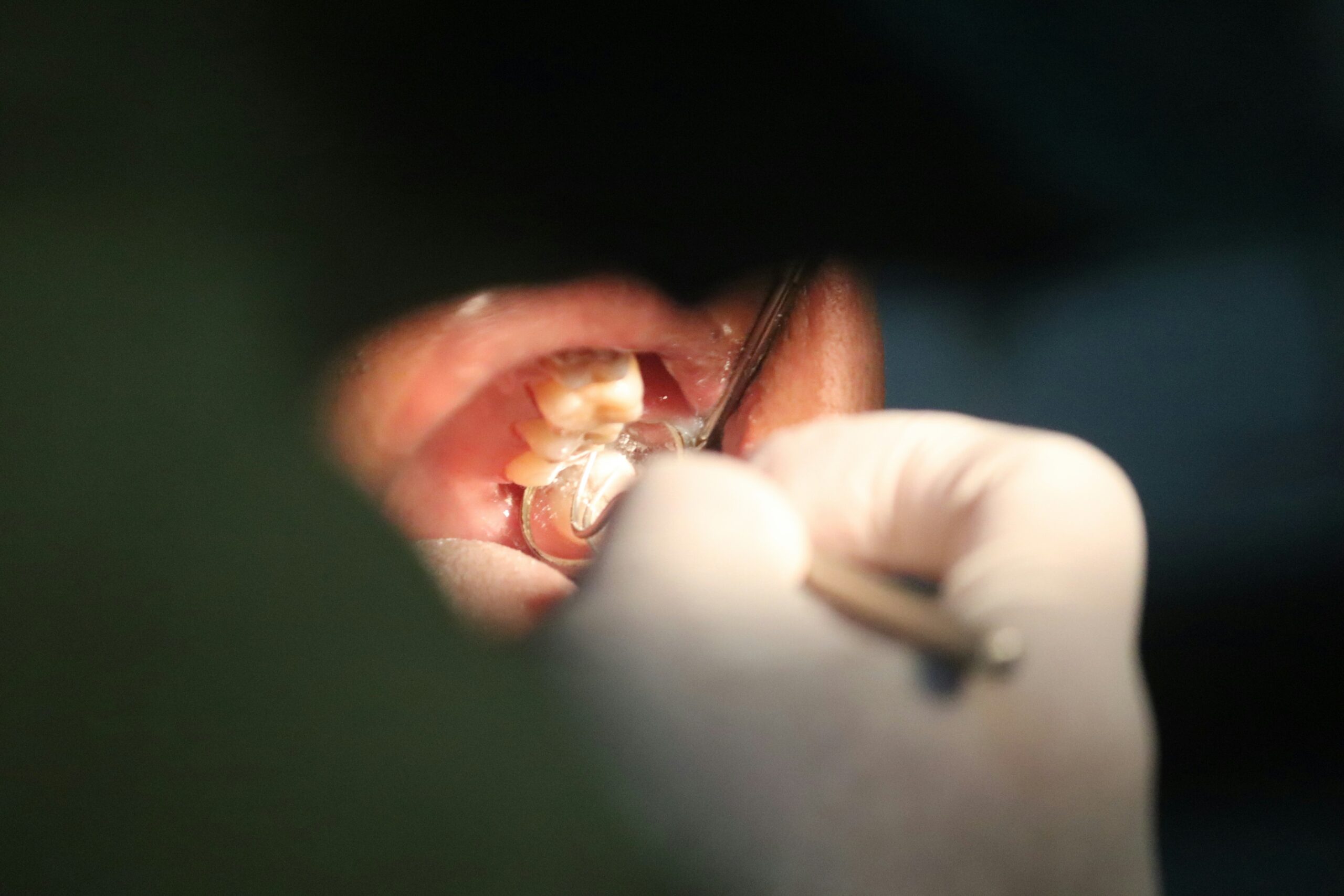
The Impact of Lifestyle Choices
Smoking and Oral Health
Smoking is detrimental to your oral health, causing stains, gum disease, tooth loss, and even oral cancer. Quitting smoking significantly improves your dental and overall health.
Alcohol Consumption
Excessive alcohol intake also poses risks to your oral health, including tooth decay and gum disease. Alcohol dries out your mouth, reducing saliva production which is crucial for neutralizing acids and washing away food particles.
Stress Management
Stress can lead to teeth grinding, known as bruxism, causing wear and damage. Mouthguards can protect your teeth, and stress-relief practices, such as yoga and meditation, may address the root cause.
Technologies in Modern Dentistry
Digital Radiography
Digital X-rays offer clearer images with less radiation exposure compared to traditional ones. They provide invaluable information for diagnosing issues invisible to the naked eye, such as dental infections or bone loss.
Laser Dentistry
Laser technology is used for a variety of procedures including cavity treatment, gum surgery, and teeth whitening. It minimizes discomfort, bleeding, and recovery time.
3D Printing
3D printing allows for the custom creation of dental appliances like crowns, bridges, and dentures. This technology ensures a perfect fit and accelerates the treatment process.
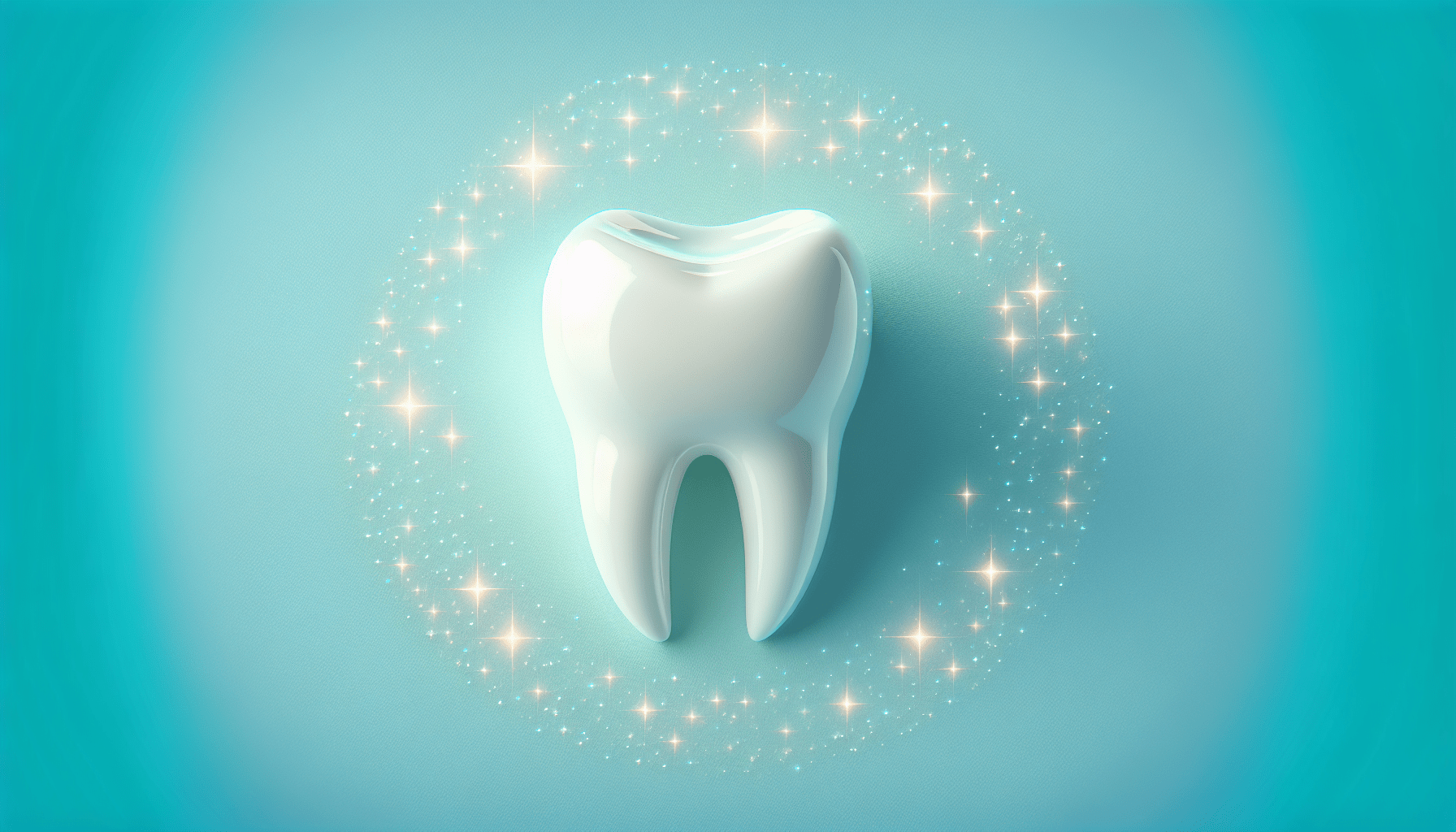
Pediatric Dentistry: Cultivating Good Habits Early
Starting Young
Good oral hygiene habits should begin as early as possible. Teach your child to brush with a fluoride toothpaste as soon as their first tooth appears. Supervise brushing until they can manage it on their own, usually around age 6.
Regular Check-ups for Children
Ensure that your child visits the dentist by their first birthday and continues with regular check-ups. This fosters a positive attitude towards dental care and ensures early detection of potential problems.
Sealants and Fluoride Treatments
For added protection, dental sealants can be applied to your child’s molars to prevent decay. Fluoride treatments strengthen enamel and are particularly beneficial for developing teeth.
Holistic Points of View
Natural Remedies
Some herbal remedies and essential oils exhibit antimicrobial properties and can complement traditional dental care. However, these should never replace professional advice or treatments.
Mindful Eating
Mindful eating practices involve chewing food thoroughly, which stimulates saliva production, helping to clean your mouth naturally. Limiting snacking between meals also reduces acid exposure.
Emotional Well-being
Your emotional well-being directly impacts your oral health. Anxiety and depression can lead to neglect of oral care routines. Therefore, maintaining mental health is beneficial for maintaining a healthy smile.
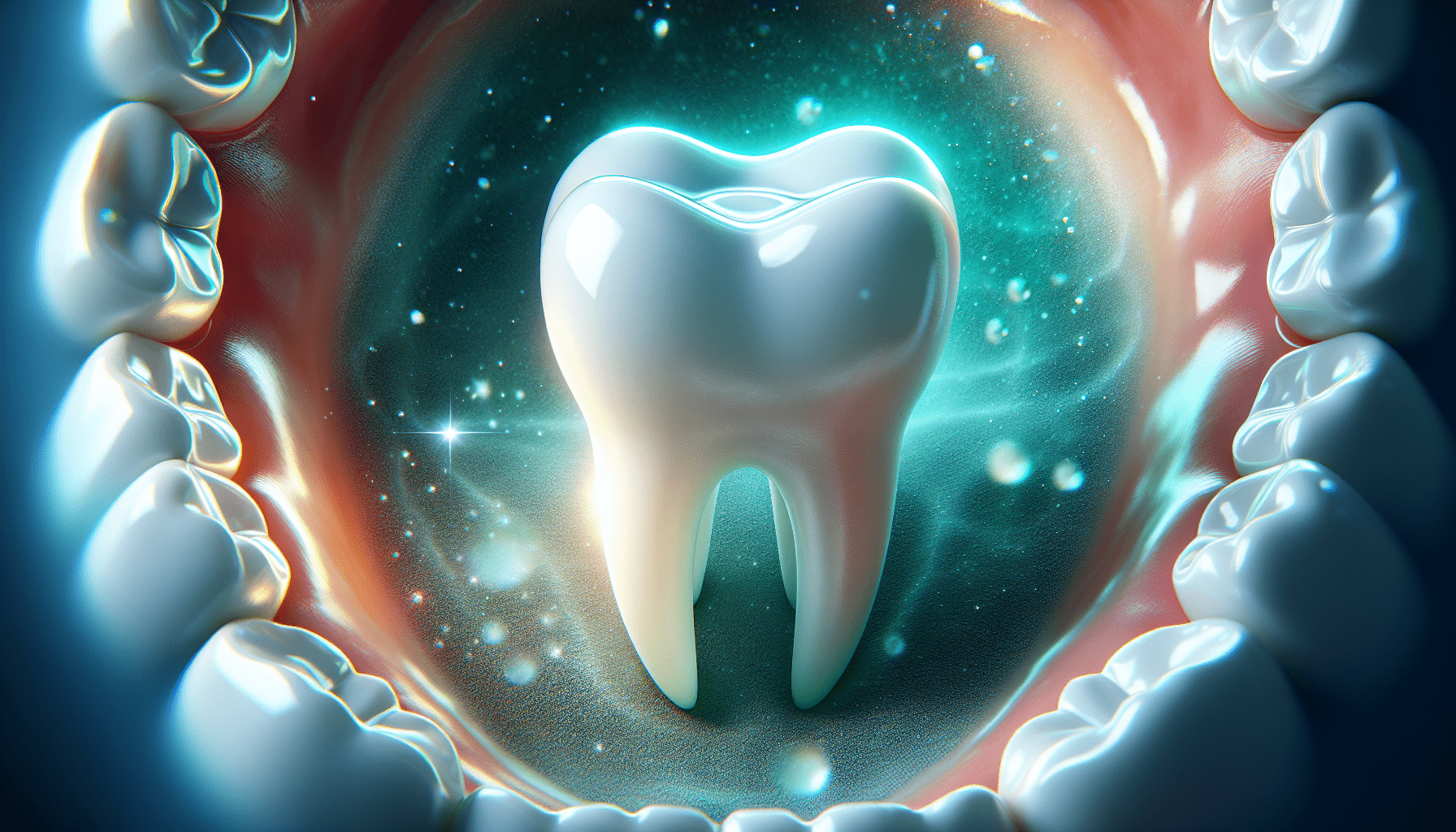
FAQs
How Often Should You Change Your Toothbrush?
Change your toothbrush every three to four months, or sooner if the bristles are frayed. A worn-out toothbrush is less effective in cleaning your teeth and may harbor harmful bacteria.
Is Electric Toothbrush Better than Manual?
Both electric and manual toothbrushes can effectively clean your teeth if used properly. However, electric toothbrushes may be more efficient for those who struggle with manual brushing techniques.
Can Oral Health Affect Heart Disease?
Yes, oral health and heart disease are connected. Gum disease can lead to chronic inflammation, increasing the risk of cardiovascular diseases. Maintaining good oral hygiene reduces this risk.
Conclusion
Enhancing your teeth health is a multifaceted endeavor that encompasses proper daily hygiene, a balanced diet, regular dental check-ups, and adopting advanced dental care when necessary. By understanding the critical elements of dental care and making informed lifestyle choices, you can pave the way for a lifetime of healthy, radiant smiles. Always consult with your dental care provider to tailor strategies that best suit your individual needs and circumstances. Your journey to a healthier smile begins with these considered steps and commitments.
